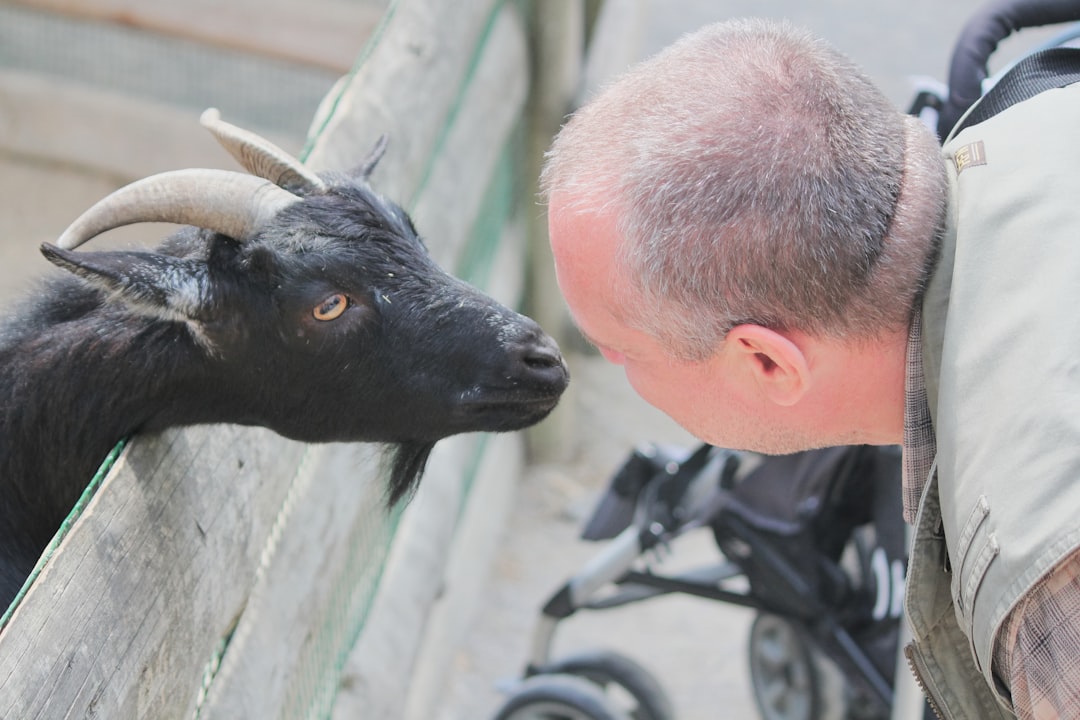It’s easy to build walls around your heart, isn’t it? Life can be tough, and sometimes it feels safer to shut down and protect yourself from all the pain and frustration in the world.

I get it. For years, I was my own worst enemy. Stuck in a cycle of gaming addiction, overeating, and laziness, I had very little compassion for myself, let alone anyone else. I was harsh, critical, and constantly disappointed in my own failures. Change felt impossible. But learning to be compassionate, starting with myself, was the key that unlocked everything else.
Compassion isn't some soft, fluffy emotion reserved for saints. It’s a strength. It's the choice to see the humanity in others and in yourself, even when it’s hard. It’s a skill you can build one small action at a time. If you’re looking to open your heart a little more, here are 15 ways that have helped me on my journey.
Start With Yourself
You can’t pour from an empty cup. True compassion for others grows from the kindness you show yourself first. This was the hardest part for me, but it was also the most important.
Forgive your past mistakes. I used to carry so much shame about the years I wasted and the damage I did to my body. I had to learn to look at that person not with judgment, but with understanding. I had to forgive him to become who I am today. You have to do the same. Let go of the person you were.
Speak to yourself kindly. Pay attention to your inner voice. Is it a drill sergeant or a supportive friend? When you mess up, stop the cycle of negative self-talk. Instead, try saying, "That wasn't my best moment, but I can do better next time."
Celebrate your small wins. When I was losing over 110 pounds, I didn't focus on the huge number. I celebrated losing the first pound. I celebrated choosing a healthy meal. These small victories build momentum and prove that you are capable of change.
Acknowledge your own pain. Don't just "power through" tough emotions. It’s okay to feel sad, frustrated, or hurt. Giving yourself permission to feel is a profound act of self-compassion.
Set healthy boundaries. Saying no isn’t selfish. It’s a way of honoring your own needs and limits. Protecting your energy allows you to show up better for the people you care about.
Connect With Others
Once you start healing your relationship with yourself, it becomes so much easier to connect with the people around you.
Listen to understand, not just to reply. We all want to be heard. Next time you’re in a conversation, focus completely on what the other person is saying. Don’t plan your response. Just listen. You’ll be amazed at what you learn.
Look for the good in people. Everyone is fighting a battle you know nothing about. Instead of focusing on someone's flaws or annoying habits, actively look for their strengths and positive qualities.
Put yourself in their shoes. Before you judge someone for their actions, take a moment. Try to imagine what might be happening in their life. What fears, pressures, or pains might be driving their behavior? This simple shift in perspective can change everything.
Offer practical help. Sometimes compassion isn't about saying the right thing. It's about doing something. Offer to pick up groceries for a sick neighbor. Help a coworker with a project. Small, tangible acts of kindness mean the world.
Give the benefit of the doubt. Our first instinct is often to assume the worst. The person who cut you off in traffic is a jerk. The friend who didn't text back is ignoring you. Try flipping the script. Maybe they were rushing to the hospital. Maybe your friend is just overwhelmed. Assume good intentions until you know otherwise.
Deepen Your Compassion
Building compassion is a lifelong practice. These final steps can help you make it a deeper, more consistent part of who you are.
Read stories from different perspectives. Read books and articles about people whose lives are completely different from yours. Understanding their struggles and triumphs builds empathy in a powerful way.
Practice patience. Patience is compassion in action. It’s giving people—and yourself—the space to make mistakes and grow. It’s not easy, but it’s a muscle you can strengthen over time.
Pray for others. This has been huge for me in strengthening my Orthodox Christian faith. When I find myself feeling frustrated or angry with someone, I try to pray for them. It softens my heart and reminds me that we are all God's children, worthy of love and grace.
Find common ground. In a world that feels so divided, focus on what connects us. We all want to feel safe. We all want to be loved. We all want to find purpose. Focusing on our shared humanity is the foundation of compassion.
Learn from Christ’s example. For me, the ultimate model of compassion is Jesus Christ. He sat with the outcasts, healed the sick, and showed unconditional love to those who were rejected by society. Striving to follow His example of selfless love is a guiding light on this journey.
Compassion isn't a destination; it's a daily walk. It’s messy, it’s challenging, and you won’t always get it right. But every small step matters.
So, what's one small way you can show compassion today—either to yourself or someone else?